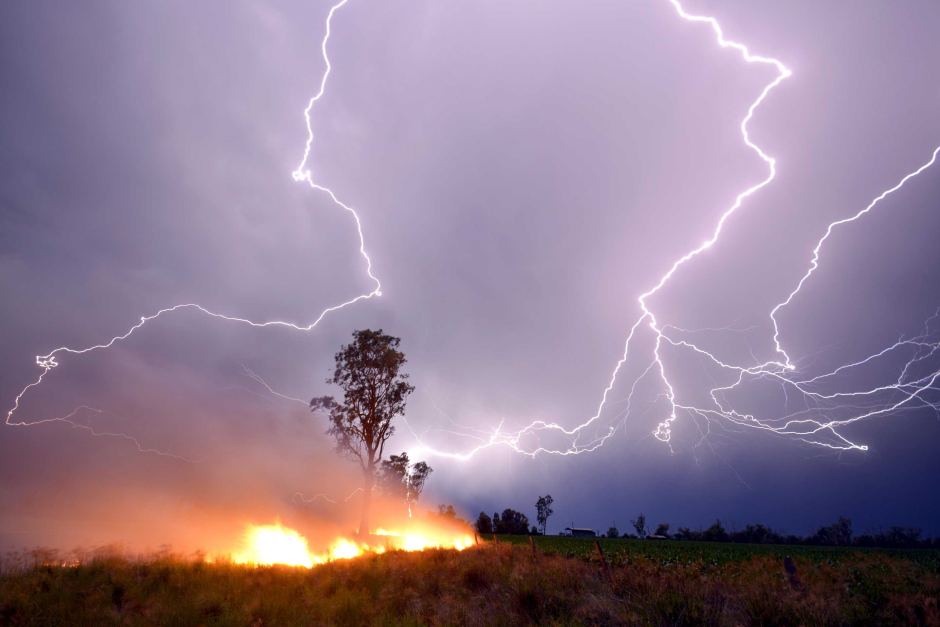FWP:
SETS == MUSHAIRAH
The first line seems to be spoken by someone who is musing to himself, mulling over some kind of riddle. As he cudgels his brains, he rejects two possible solutions: 'flame' is not the answer because it lacks 'this' coquetry; 'lightning' is not the answer because it lacks 'this' grace/style. What is the 'this'? While the speaker is trying to solve the riddle, we listeners are trying to work our way back and deduce what the question would have been in the first place. Under mushairah performance conditions, of course, we would be given an interval between the lines-- one that would enhance our curiosity and suspense.
Then when we finally get to hear the second line, we find the speaker still flailing around, appealing for help to all and sundry: 'I give up', he says, 'somebody tell me!' And finally, after holding back the information (in classic mushairah-verse style) until the last possible moment, the line gives us the question, or the riddle: 'what is that quick-tempered mischievous one'? The question is not 'who', because we're not interested in her personal identity so much as in her fiery, electric, elemental nature.
And now we know-- though even now, only by inference, since the second line is in the inshaa))iyah interrogatory mode. It's not that she resembles flame and lightning, but that they resemble her-- or rather, they don't really resemble her, because in addition to their qualities she has qualities that they lack. She is more 'mischievous' than fire, more 'quick-tempered' than a bolt of lightning. (For another look at the beloved's supernatural heat and radiance, see {24,3}.)
The direction of comparison thus is-- as so often, and so piquantly, in the ghazal world-- from the beloved to the natural world, rather than the other way around. For more such snide remarks about the natural world, see {4,8x}.
Note for grammar fans: The use of ko))ii in the third person is paired with bataa))o , a second-person familiar imperative; for discussion, see {46,7}.

Nazm:
That is, if because of the quick temper I call her 'flame,' then in flame where is this coquetry? And if because of the mischievousness I call her 'lightning', then in lightning where is this grace/style? (200)
== Nazm page 200